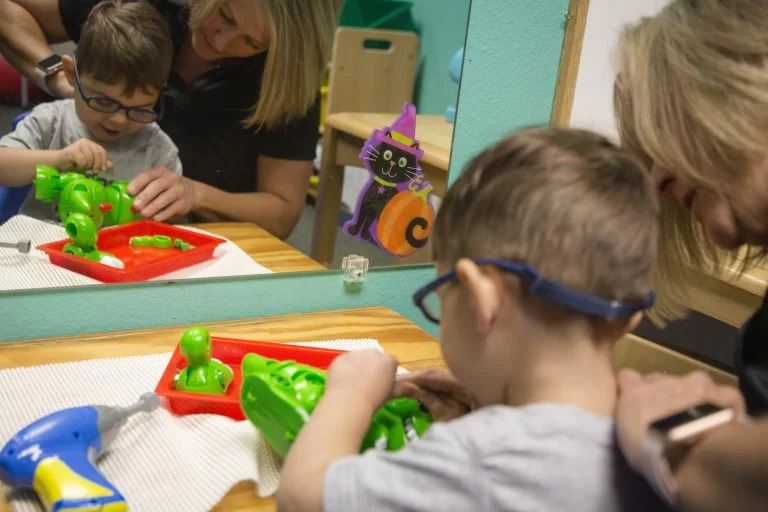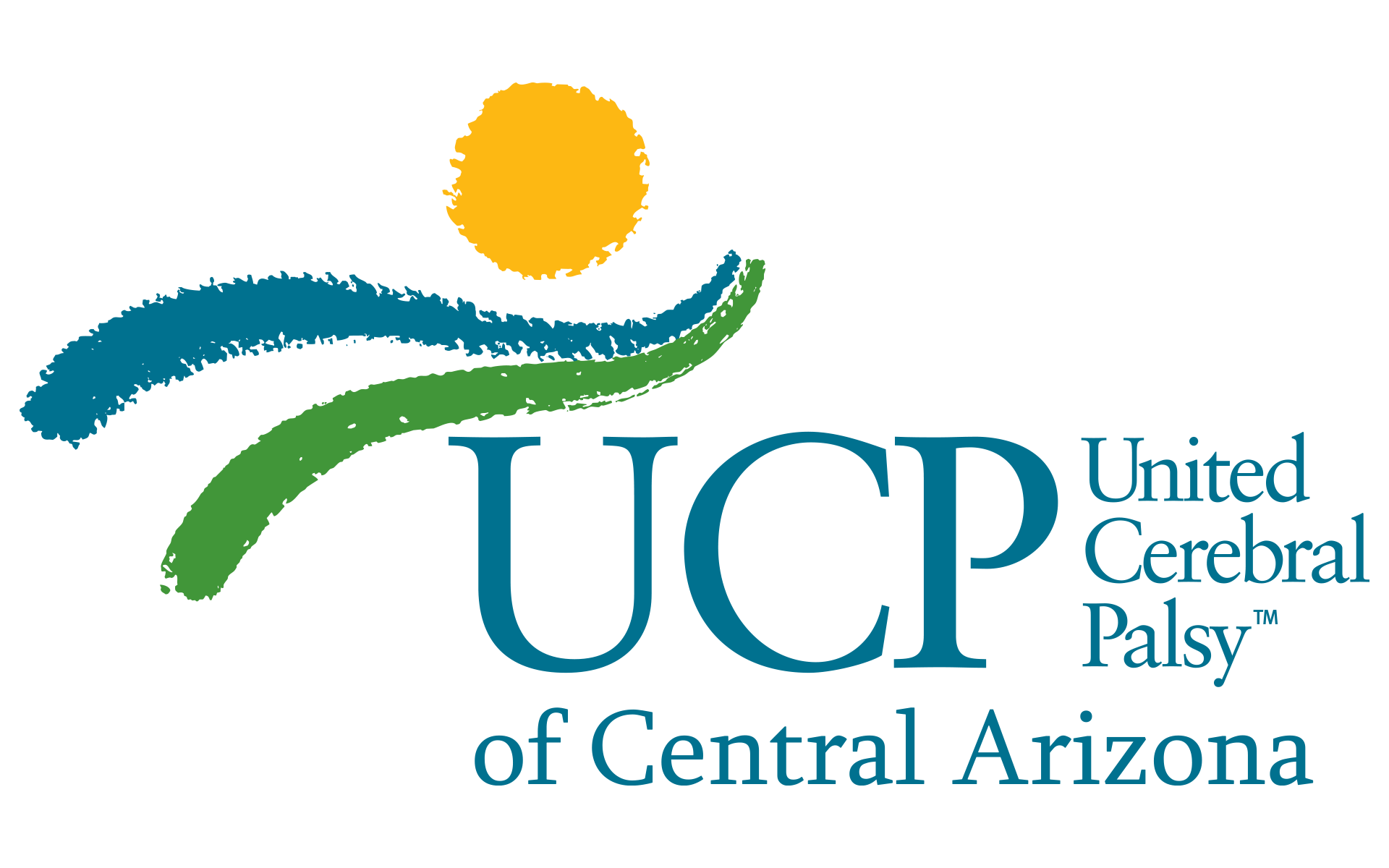
Brain Plasticity
Bing. Bang.
Zip. Zap.
It’s almost as though you can hear the sounds of the electrical buzz as a baby’s neurons fire off with delight when they first understand that shaking a rattle makes a fun noise. His brain is forging new connections every moment.
Brain plasticity is the brain’s ability to reorganize itself by forming new neural pathways and connections. This process, also known as neuroplasticity, takes place throughout life, with the greatest activity taking place prior to the age of five. Brain plasticity makes a baby’s brain highly responsive to new experiences or to changes in their environment, shaping and developing their brain in new ways. For children with an injury or have been born with a brain abnormality, brain plasticity allows nerve cells in the brain to compensate by ‘rewiring’ themselves, allowing the brain to literally outsmart itself.
This incredible process has huge implications. For example, studies have shown that infants who experience a stroke before birth can relocate their center for speech function to the same area on the other side of the brain, allowing them to develop normal speech and language.
It’s because of brain plasticity that early intervention is so important!
For children who are experiencing a delay or disability, help in these early years is critical. Learning experiences during this period of life affects an individual just as much, if not more, than any experience that takes place between kindergarten and college. Most states, including Arizona, have an early intervention program in place to take advantage of this unique stage of the brain’s development.
United Cerebral Palsy of Central Arizona has been committed to early intervention from the beginning and has participated in the Arizona Early Intervention program since its inception 14 years ago. We have committed large teams of professionals to help young children from birth to three years of age overcome delays and disabilities by coaching families on how to provide their child with the opportunities that support healthy brain development. UCP early intervention teams (consisting of an occupational therapist, physical therapist, speech and language pathologist, developmental specialist, and support coordinators) travel all over northern and central Maricopa County to get these children the help they need.


On any given day, a team might be up in New River helping a parent learn ways to encourage a child to use words instead of crying for what she wants; meanwhile another team is in Fort McDowell working with a child with cerebral palsy to take their first steps. This meaningful work in the community may be costly for our agency, but those of us at UCP who see the incredible results of the early intervention program cannot offer enough thanks to our incredibly generous donors who make it possible.
The Minnesota Child Care Association put it best: “We can invest now in our children and families and enjoy long-term savings, with a nation of healthy, achieving children and more stable families. Or, we can fail to make the investment and pay the price…”
Brain plasticity provides a window of opportunity for children to be successful in their community. Children can grow up without having to experience the unnecessary limitations of a delay or disability. Best of all, brain plasticity allows childhood dreams to come true. If a young girl dreams of being a news journalist, a speech delay doesn’t have to hold her back. If a boy wants to grow up to be a concert pianist, clumsiness won’t stop him. Brain plasticity says change is possible. Early intervention says to a child “Go for it.”



Post a Comment
You must be logged in to post a comment.